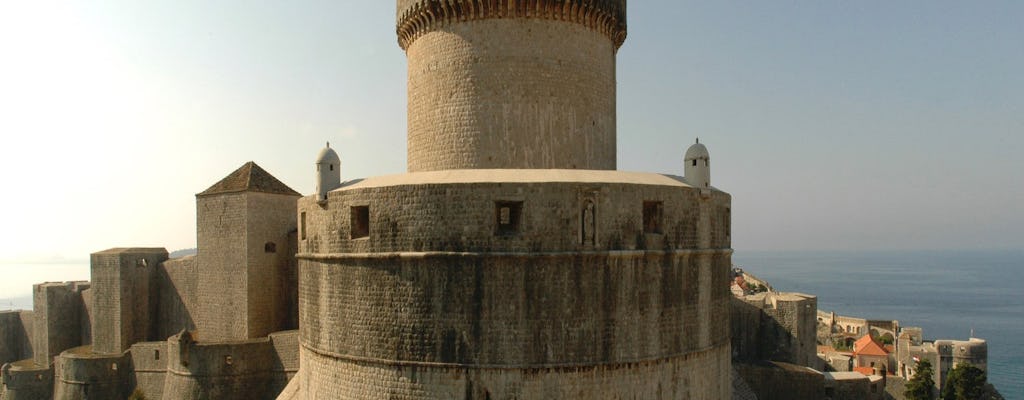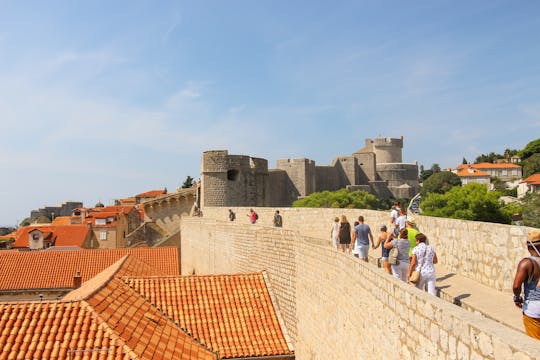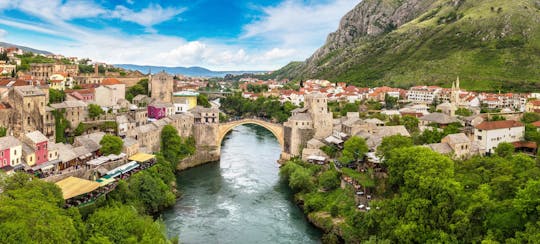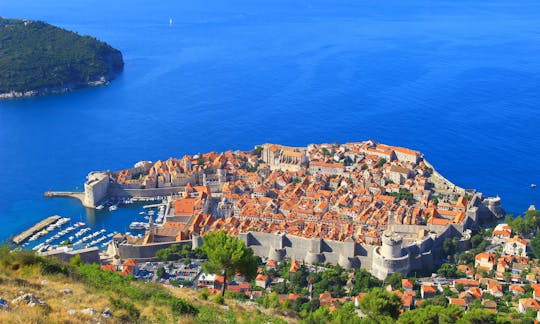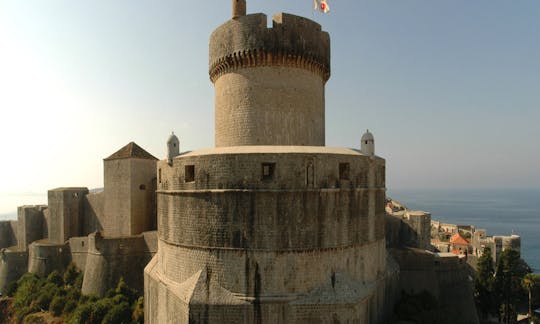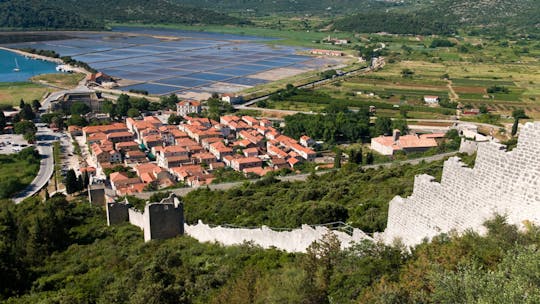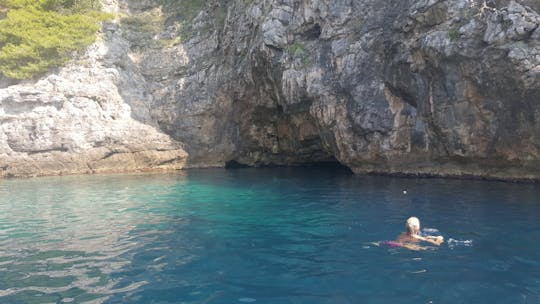The monumental walls that encircle Dubrovnik, punctuated by towers and overlooking the sea, are undoubtedly the city's most famous feature, and a walk on top of these very walls--the city's chief defense mechanism--is likely to be a highlight of your visit to Dubrovnik.
There are three entrances to the city walls: Pile Gate, Ploce Gate and St. John Fort. Your guide will meet you at Pile Gate to begin your tour.
From atop the city walls, you will have a panoramic view of the entire city. The walls stretch more than 1940 m (6365 ft.) and consist of the main wall, sixteen towers, three forts, six bastions (bulwarks), two corner forts (cantonatas), three pre-walls with several turrets, three moats, two barbicans, two drawbridges and one breakwater.
The first tower you'll see is Minceta Tower, which resembles a chess piece.
On the right, you'll get a spectacular view of Dubrovnik's Old Town including the slope that was the sight of the city's first Slavic settlement and in just 300 meters, you will reach Ploce Gate and the Revelin fortress, which was designed to protect the city against any inland attacks by the Turks.
The next highlight is Sv. Ivan (St John) fortress which protects the port and city on the southeastern side, then see Fort Bokar, one of the oldest buildings of its kind in Europe. From its walls, you get the best view of Lovrijenac, the outer western fortress looming on a rock 37-meters high.
The city, built on a shore, has always been protected by the sea, which has helped prevent surprise enemy attacks. The walls, built in sturdy stone mined from nearby locations, did the rest, enveloping the city in solid arms that stretch for miles, and thus providing residents with safety and security.
From the southern section of the city's walls, you can watch the boats and kayakers sail past.
